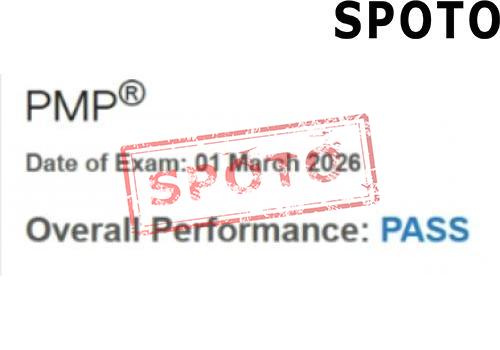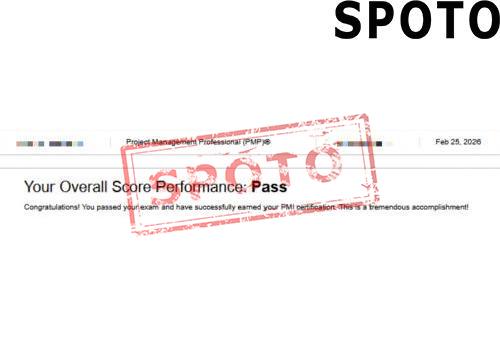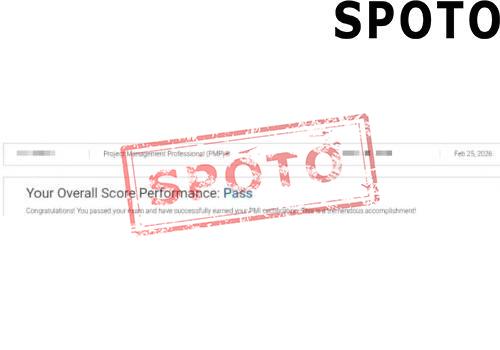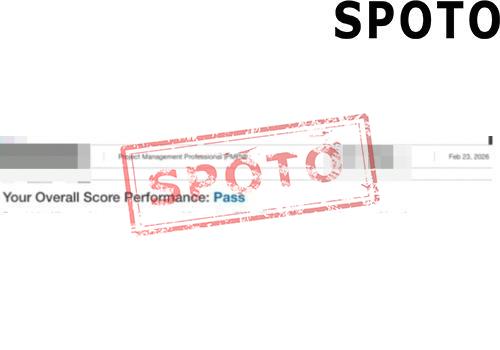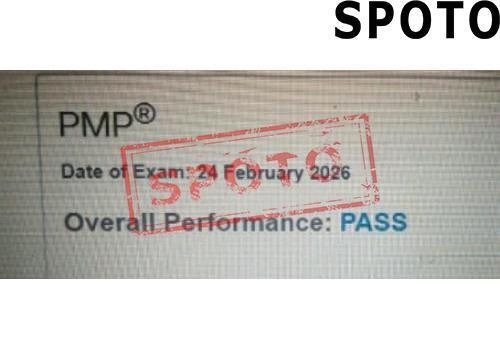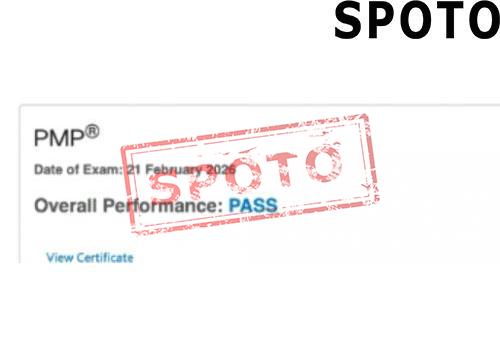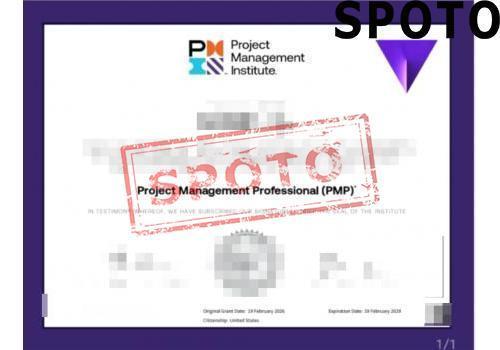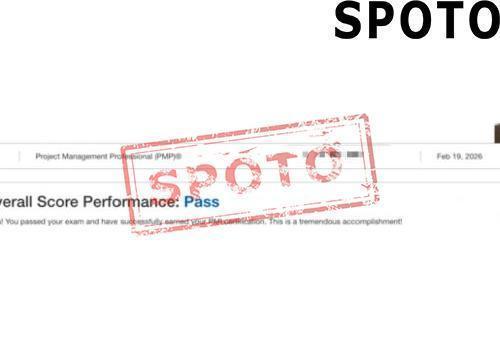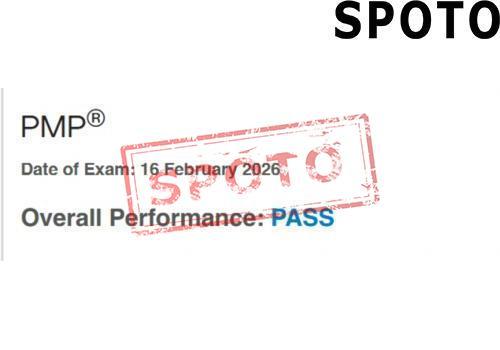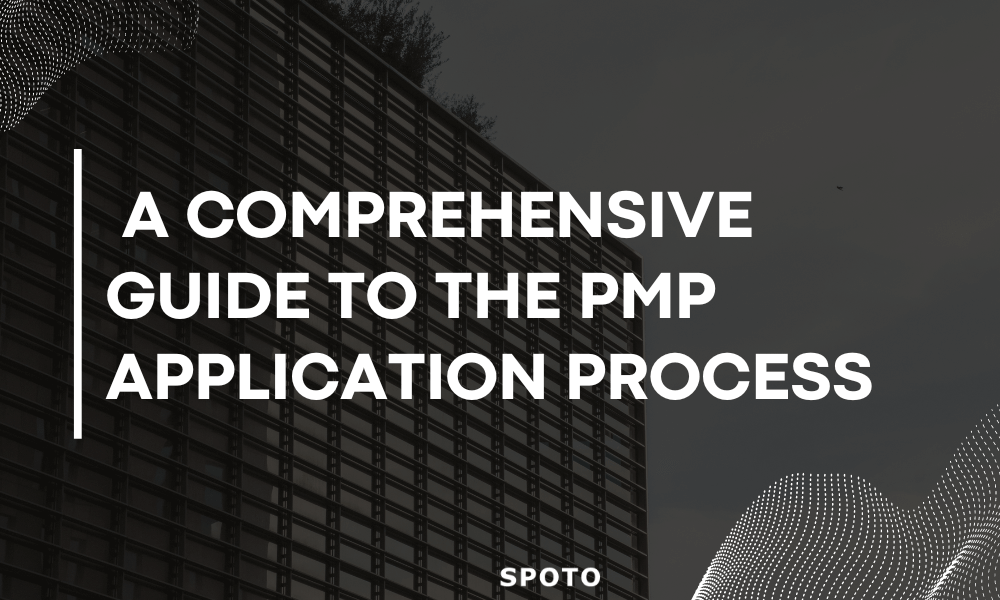
Table of Contents
1. Understanding PMP® Application Requirements
Before diving in, make sure you meet all PMI® eligibility criteria:
-
Education & Experience
-
Secondary diploma (high school): 7,500 hours leading projects + 60 months experience
-
Bachelor’s (or higher): 4,500 hours leading projects + 36 months experience
-
-
Project Management Education
-
35 contact hours of formal project management training (no change from PMI’s current policy).
-
-
Documentation
-
Detailed project descriptions, start/end dates, role/responsibilities, and contact references.
-
Certificates/transcripts for each training course.
-
2. Step‑by‑Step PMP Application Process
Follow these exact steps to complete your application without delays:
-
Create Your PMI Account
-
Visit PMI.org → Sign up or log in.
-
-
Gather Documentation
-
Education degrees, PDUs certificates, and detailed project logs.
-
-
Start the Online Application
-
Under “Certifications,” select PMP → “Apply Now.”
-
-
Section Breakdown
-
Personal Details: Name, contact info, PMI member ID (if any).
-
Education: Institution, degree, completion date.
-
Project Experience: For each project, include:
-
Project title & organization
-
Objectives & deliverables
-
Your role, start/end dates, hours worked
-
Reference contact (name, email/phone)
-
-
Project Management Education: Course name, provider, date, hours.
-
-
Review & Submit
-
Double‑check dates and hours (this prevents application rejection).
-
-
Payment & Scheduling
-
Pay fees ($425 PMI member / $595 non‑member as of mid‑2024).
-
Receive eligibility ID, then schedule your exam (valid for 1 year, 3 attempts).
-
3. Avoiding PMP Application Rejection
Common pitfalls that lead to pmp application rejection:
-
Incomplete Fields: Any blank mandatory field triggers a delay.
-
Date Mismatches: Ensure start/end dates and total hours align with your experience summary.
-
Insufficient Detail: Vague descriptions (e.g., “Led meetings”) won’t satisfy PMI—quantify responsibilities.
-
Unverified References: List contacts who can confirm your role and dates.
4. PMP Certification Application Tips
-
Start Early: Use PMI’s save‑as‑you‑go feature—enter education and experience in chunks.
-
Use Templates: Maintain a spreadsheet of projects, dates, and hours to copy‑paste into PMI’s portal.
-
Leverage Peers/Mentors: Have a PMP mentor review your descriptions for clarity and completeness.
-
Prepare for Audit: Keep digital copies of diplomas, transcripts, and attendance certificates for project management courses.
-
Maintain Consistency: Use the same job title and organization name across all sections.
